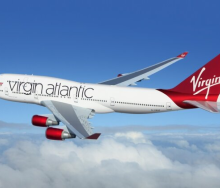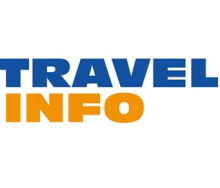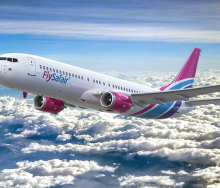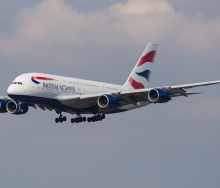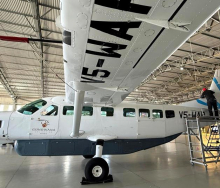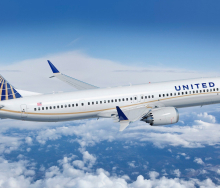The COVID-19 pandemic has, among many things, highlighted the risks of certain financial models, resulting in many TMCs having to reassess their business models during this period.
This is according to Jo-Anne Lloyd, partner at Nina & Pinta, a consulting firm targeting global corporate travel and expense clients. She was speaking during a webinar hosted by the African Business Travel Association (ABTA) that offered practical tips for companies to improve their chances of survival until the industry stabilises.
While many financial practices were specific to certain markets and regions, TMCs – the majority of which operate a transaction fee-based model – needed to do an incredible amount of work when the pandemic hit but with no incoming revenue as there were no new transactions, Jo-Anne said.
“We are likely to see a review of pricing strategies going forward,” she said. “There are already different operating models, such as those based on management fees and these, along with other models, will come to the fore again to minimise the risk to TMCs.”
Jo-Anne believes there will be a decrease in clients using TMCs as “banks”, having access to extended credit and payment terms.
“In this crisis TMCs have been faced with outstanding credit that they paid through BSP on behalf of clients. Some have had significant challenges with customers who have not been paying their invoices and in the current climate, where not all airlines are refunding tickets – rather issuing credit vouchers – this has created further exposure for the TMC’s financial stability. This is not a fair position for TMCs and it is in everyone’s interest to protect the viability of their TMC.”
Alan Dixson, owner of Uniglobe Let’s Go Travel in Nairobi, related to these issues, because the Kenyan market is primarily a cash market. “When we went into this crisis, our agency was owed US$200 000 (R3,49m) and we have got it down now to US$80 000 (R1,4m) outstanding. For us, debt collection is our main concern at the moment and we chase corporates every day to get payments in, as we have to pay Iata via BSP twice a month.”
Alan said they had never been able to implement lodge cards in the Kenyan travel industry. “A lot of corporates don’t want a corporate credit card so that is why there is so much credit given by TMCs.”
His agency did use an online phone payment system. “We are also engaging with the Kenya Association of Travel Agents in terms of how TMCs can stop giving credit to corporate clients.” His preferred solution going forward was for clients to pay upfront, by credit card or by money transfer (M-PESA) in advance before the agency processed the ticket.
“We will lose a number of corporates this way, but we’ve also realised that, when business resumes, our business travel will only be 25% of what we had previously because of the online ways of communicating (i.e. Zoom) and a lack of confidence in air travel.”
Ricky Reynolds, IT director of Reynolds Travel Centre, agreed that unhealthy financial models had meant that TMCs had been harder hit than anyone else. He said it was important that TMCs were transparent with their invoicing to instil trust and confidence in their corporates.
Reynolds Travel Centre preferred not to extend credit, he said, which had helped them during this crisis, as they were now not carrying their clients as well.
Nicole Fonzari, CBS Travel Services – Cummins Africa & Middle East travel manager, said pricing would be a hot topic and that these open, transparent conversations with TMCs needed to happen. “Without suppliers we don’t travel and without corporates, suppliers will face challenges. It all goes hand in hand.”
Business rescue specialist, Raphael Bueno, said another risk was that companies were stuck in survival mode and would use all their working capital just to get through the next three to six months. “You need to have capital available for when you open up again a few months down the line. The real problems will start if all your cash has gone into survival.”




